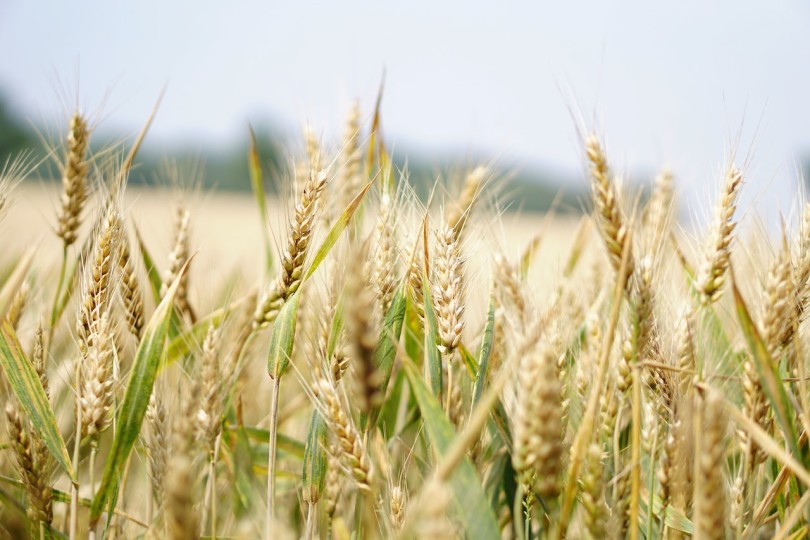Is Autonomous Driving coming to the UAE?
26 Apr 24
Lab ChatThe Global News Source for the World of Science and Chemicals
19 December 2022
Enviro Chat
Responsible for an estimated 25% of greenhouse gas emissions around the world, agriculture has an outsized impact on the environment. And the relationship is a mutually destructive one, too, since global warming and climate change have the potential to damage agricultural infrastructure, reduce crop yields and compromise food security.
In order to try and address this urgent issue, the UAE is taking a holistic approach to revolutionizing the agricultural industry in the country. Part of this plan includes its collaborative fund with the USA, the Agriculture Innovation Mission for Climate (AIM for Climate), which recently doubled its funding capacity from $4 billion to $8 billion.
The UAE’s unique climatic conditions make farming and food production particularly difficult. Much of the country’s territory is given over to a desert, with sweltering temperatures and scarce rainfall making the cultivation of crops a true challenge. For that reason, the UAE has historically imported the vast majority of its food, incurring a sizable environmental footprint in the process.
Cognisant of this fact and keen to change it, the UAE has teamed up with the USA to pioneer new technologies and adopt a revolutionary approach to farming practices in the country. As well as mitigating the worst effects of climate change and developing more sustainable practices within agriculture, the fund is also intended to help out impoverished countries and their vulnerable populations.
Since the UAE does not enjoy a climate that is naturally conducive to growing crops, it has poured substantial resources into creating one. It has done so via breakthrough technologies such as aquaculture, hydroponics and vertical farming, which make use of the resources available to optimise output while minimising harmful effects.
Through its pursuit of “closed environment agriculture”, the UAE is able to tweak temperature, humidity and light levels in its indoor growing fields. This also allows it to recirculate precious H2O reserves, avoid the use of damaging chemicals and leverage renewable power, all the while producing fruit and vegetables. Such an outcome would have been unthinkable even as recently as five years ago.
As well as solving its own thorny issues with food production, the UAE is hoping to serve as a blueprint for other nations in similarly inhospitable parts of the world to follow. This will increase overall yields even as it reduces undesirable environmental outcomes, bolstering food security and combatting climate change in one fell swoop.
Crucially, the Emirati government hopes that its example can be followed by small-scale farmers across the globe, precipitating a sea change in farming habits and creating a more sustainable industry for all. Funding from AIM for Climate has been specifically set aside to encourage this practice, particularly among women and remote communities in low- and middle-income countries (LMICs).
DOWNLOAD PDF

2 Day Seminar Program
@ ArabLab+ 2024
24 & 25 September 2024
22 Apr 24
Lab ChatYour stay in Dubai
Labkit
Product News
Chemkit
Product News
Thinking about exhibiting at ARABLAB 2024? Watch our video to find out more.
Join the world’s leading organisations…
Join our mailing list and receive the ARABLAB newsletter and event updates.